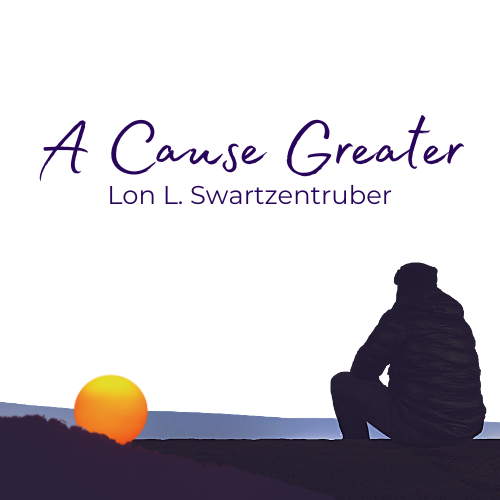You may be familiar with the four quadrants of Johari’s window. The graphic below identifies them with helpful descriptions.

Knowing our unknown selves is all about learning more and more about yourself that you and other’s do not yet know. It is unknown to you and unknown to them. Your unknown self encompasses such things as your unconscious motives, your unconscious biases and privileges, skills and abilities that you do not know you have or have yet to learn, and parts of ourselves that we have pushed so far down that we've have repressed them.
In shedding light on your unknown self, it can be very helpful to have a close friend, spouse, or significant other supporting your learning.
Your unknown self is only a portion of what we are getting at when we describe the massiveness of your unknown unknown.
I was meeting with a Client the other day and she was sharing with me that she is at a point in her life and leadership where she has never been before. She has tried everything that she has learned in the past to help herself get unstuck and nothing has worked. The first unknown.
And, her organization has never been at this place before in its history. She has talked with past owners and other leaders within the organization and they don’t know what to do either. The second unknown.
To recap, the leader has never been here before and neither has the organization.
She felt guilt and shame about all this, so I probed as to why she felt this way. She confided in me that she believes that she should know what to do and that others are clearly counting on her to figure all this out and that she is letting them down.
I readily admit that I totally understand her feelings. I too often feel guilt and shame when I’m faced with something new. My journey to integrate as a social Enneagram 2 has been long and hard, but my journey continues and I continue to do my own work on myself.
Unknown unknowns can be difficult.
They require honesty (I don’t know what to do.), openness (I need your help.) and learning (Who can I talk to or what can I read, that will help shine some light on this subject?)
One of the other reasons why unknown unknowns can be difficult is that our emotions can work against us. Remember my Client’s guilt and shame? These two emotions are some of the most powerful emotions we experience as humans. They are like kryptonite to Superman, debilitating us from action.
Guilt and shame tell us that we are no good, that we’ve done something wrong, and that we should just give up already.
When you are faced with powerful emotions like guilt and shame or faced with your unknown unknown, remember that honesty, openness, and learning are your allies. These three are powerful antidotes and extremely helpful especially in the darkest of times.
Mind how you go,
Lon

 Lon L. Swartzentruber
Lon L. Swartzentruber
Managing Partner & CEO
Interim - CEO, Society for Process Consulting
If you’d like to go deeper in your journey of leadership, please schedule a call. I’d be honored to listen and learn more about your journey as a leader and where you’d like to go next.
P.S. Please join me as the Society for Process Consulting's Inaugural Conference in Philadelphia, PA, 10 - 12 November 2024.
Here is what is in my backpack:
Rereading Humble Leadership 2nd Edition, by Edgar H. Schein and Peter A. Schein
Presence, by Peter Senge, Otto Scharmer, Joseph Jaworski, and Betty Sue Flowers
Rereading The Advantage, by Patrick Lencioni
Tags:
process consulting, strategic planning, Design Group International, long term decision making, leading organizational change, change, listening, helping, learning, A Cause Greater Blog, humble leadership/Lon%20L.%20Swartzentruber%20Headshot%20(300x300).png)
September 16, 2024

Comments